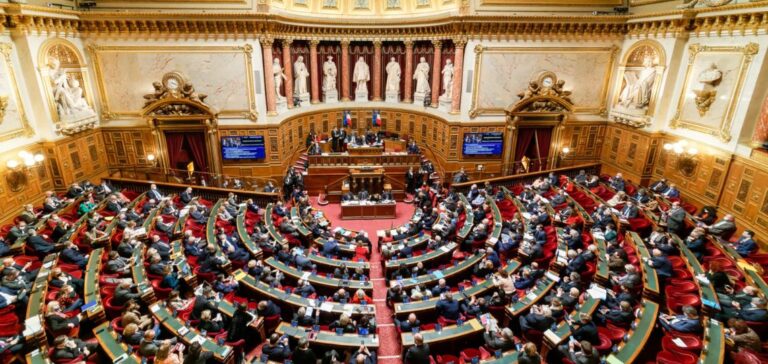The legislative process for the EDF text comes to a successful conclusion. On Wednesday, French MPs and senators sealed EDF’s future by passing a law to prevent its dismemberment, while extending regulated tariffs. Initiated by Philippe Brun, this law symbolizes the fight against partial privatization and the maintenance of EDF under full state control.
The government gives in to the opposition
After months of resistance, the government finally backed the text in February. This support follows an agreement with the opposition to exclude certain controversial measures, including employee shareholding and full ownership of Enedis by EDF. This government concession marks a strategic shift, highlighting the desire for a national consensus on France’s energy future.
Extension of regulated tariffs
At the heart of the text, the extension of regulated electricity tariffs to very small businesses and municipalities from February 2025 crystallizes the project’s social commitment. Philippe Brun and Roland Lescure have highlighted this enlargement as a lifeline for small businesses. Affecting 10,000 municipalities and one million very small businesses, this measure is a direct response to the current uncertainty over tariffs.
Reactions and implications of the text
In the Senate, the text’s reception reflects a recognition of its future benefits, despite criticism of its immediate effectiveness. Christine Lavarde pointed out the current competitiveness of market offers compared to the TRVE. Nevertheless, the agreement on a “ten-year contract” between EDF and the French government demonstrates the government’s commitment to France’s energy strategy.
The agreement between government and opposition rules out the risk of a constitutional crisis. This historic agreement on the EDF text potentially avoids a referral to the French Constitutional Council, consolidating a shared vision for the country’s energy future. This step marks a victory for parliamentary diplomacy, paving the way for an era of strengthened cooperation on future energy challenges.






















